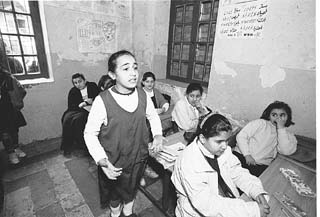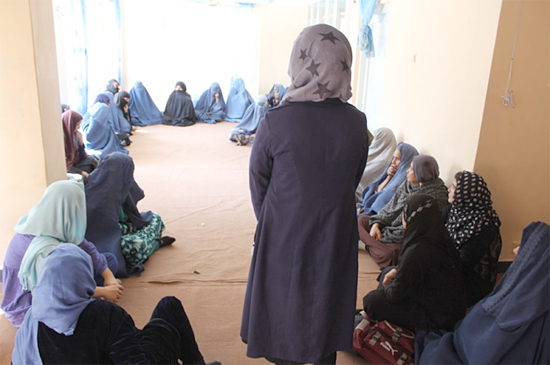On January 23rd an overcrowded smuggling boat capsized off the coast of Aden in Southern Yemen. Smugglers packed 152 passengers from Somalia and Ethiopia in the boat and then, while at sea, reportedly pulled guns on the migrants to extort additional money from them. The boat capsized, according to The Guardian, after the shooting prompted panic. The death toll, currently 30, is expected to rise. Dozens of children were on board.
The passengers had already risked the perilous journey from African shores to Yemen, a dangerous crossing that leaves people vulnerable to false promises, predatory captors, arbitrary detention and tortuous human rights violations. Sheer desperation for basic needs has driven hundreds of thousands of African migrants to Yemen. Many hope, upon arrival, they can eventually travel to prosperous Gulf countries further north where they might find work and some measure of security. But the desperation and fighting in southern Yemen were horrible enough to convince most migrants that boarded the smuggling boat on January 23rd to try and return to Africa.
Referring to those who drowned when the boat capsized, Amnesty International’s Lynn Maalouf said: "This heartbreaking tragedy underscores, yet again, just how devastating Yemen’s conflict continues to be for civilians. Amid ongoing hostilities and crushing restrictions imposed by the Saudi Arabia-led coalition, many people who came to Yemen to flee conflict and repression elsewhere are now being forced yet again to flee in search of safety. Some are dying in the process."






